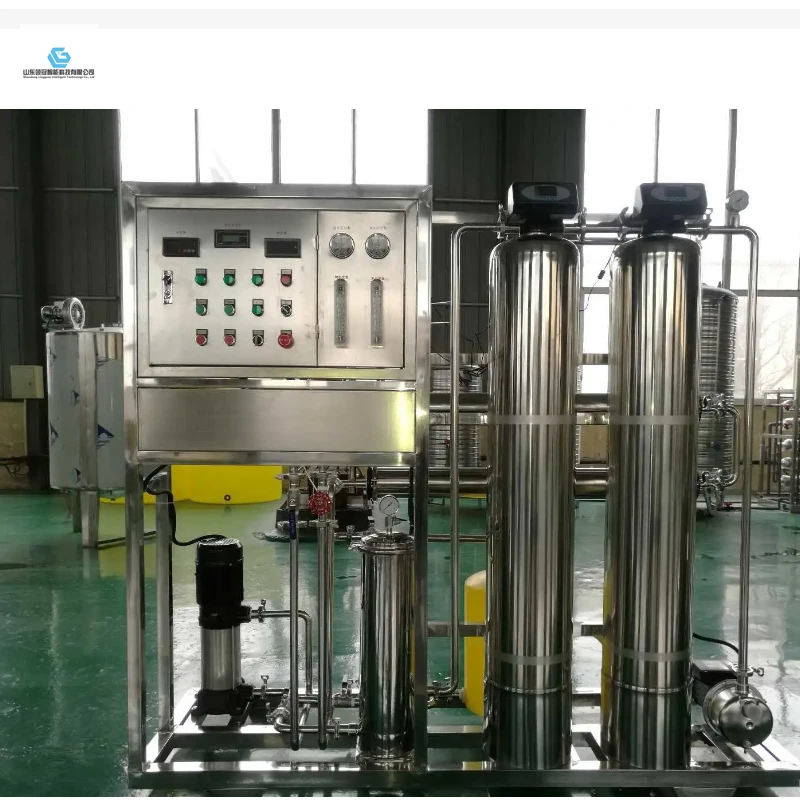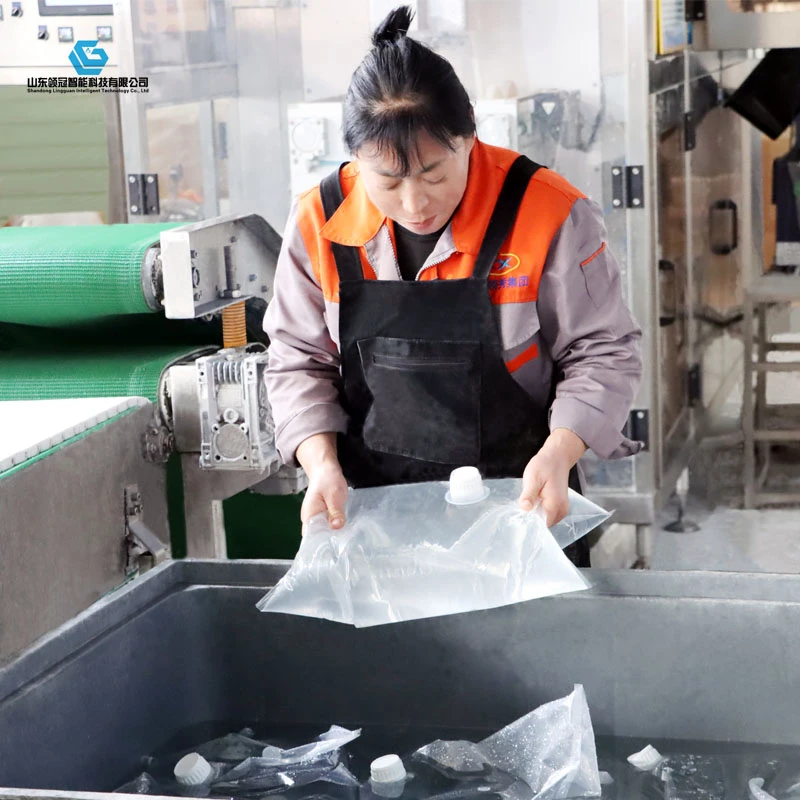Adblue is a solution that helps reduce harmful nitrogen oxide emissions from diesel engines. It is a non-toxic, non-flammable, and biodegradable liquid that has become an essential component in the automotive industry.
China, Europe, and America are among the leading regions in Adblue production, with numerous plants dedicated to manufacturing this fluid.

China has emerged as the largest producer of Adblue, as the country continues to seek ways to tackle air pollution challenges. With its massive population and industrialization, China has implemented strict emission regulations to address its air pollution problem. As a result, Adblue production plants have sprung up across the country, with an estimated capacity of 1.5 million metric tons annually.
In Europe, the use of Adblue is mandated by the European Union, which has set strict emission standards for diesel vehicles. As such, Europe has become a significant market for Adblue production, with numerous plants established across different countries. These plants produce Adblue in large quantities, with a capacity of up to 4 million metric tons annually.
In America, Adblue production has also gained momentum, with a focus on meeting the increasing demand for this fluid. The United States Environmental Protection Agency (EPA) has implemented stringent emission regulations for diesel engines, creating a significant market for Adblue production. The production plants in America have the capacity to produce over 1.5 million metric tons of Adblue annually.

In conclusion, Adblue production plants are essential in the fight against air pollution, and numerous countries have established these plants to meet the growing demand for this fluid. With the increasing focus on environmental sustainability, Adblue remains a crucial component in the automotive industry. As the world continues to seek ways to reduce carbon emissions, Adblue production plants will play a vital role in achieving this goal .




